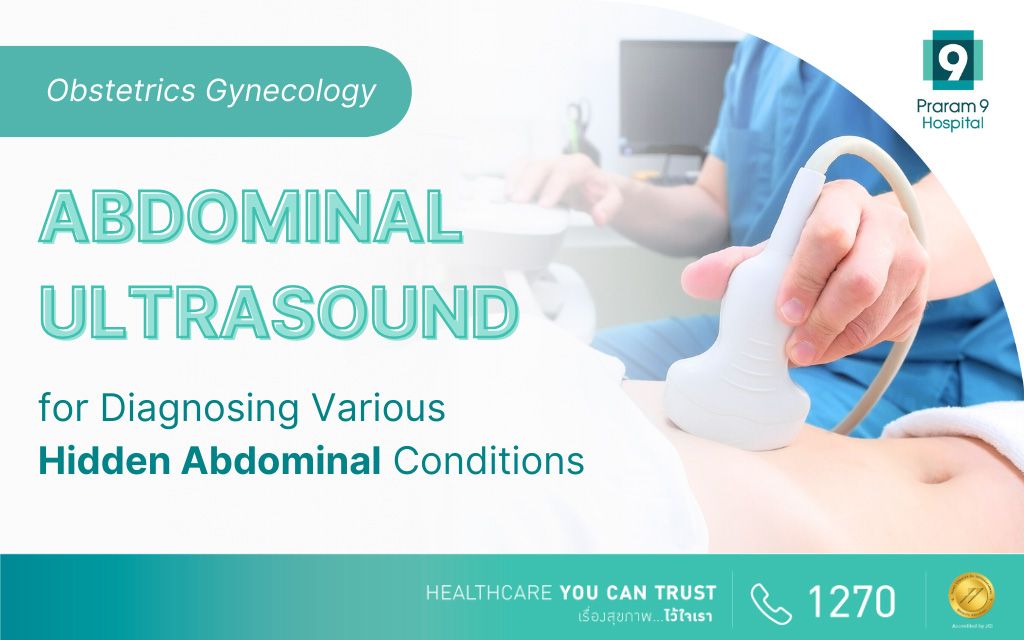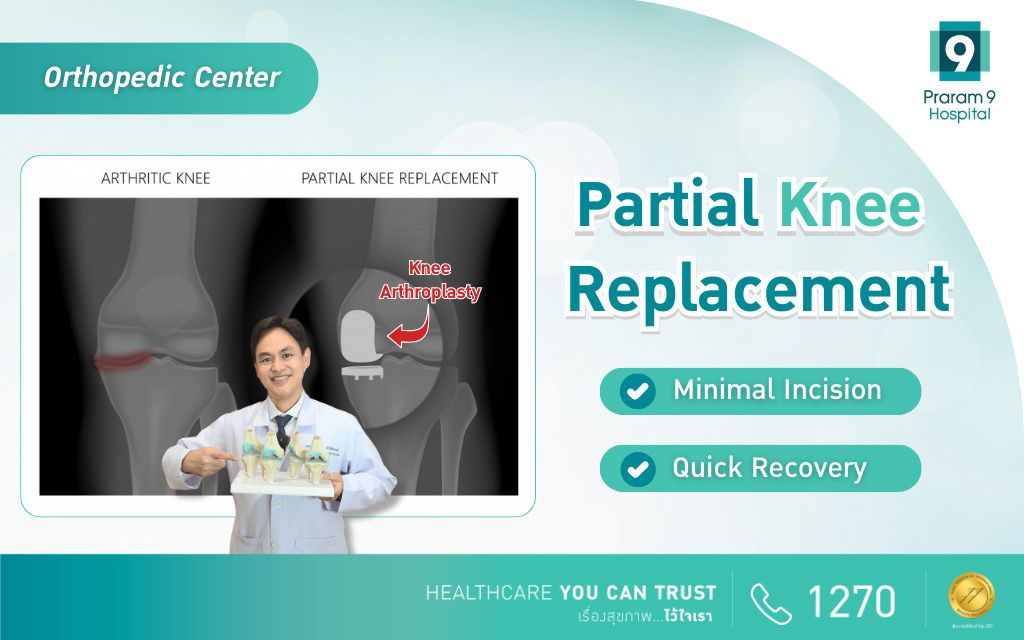Health Articles
Knowledge
Abdominal Ultrasound for Diagnosing Various Hidden Abdominal Conditions

Discover the importance of abdominal ultrasound for early detection of abdominal issues. Find out who should get screened and why. Contact us for preventive health screenings and abdominal health assessments.
Introduction
Abdominal ultrasound is a non-invasive imaging test used to diagnose and monitor conditions affecting the organs and structures in the abdomen. This article explores who should consider getting an abdominal ultrasound, the procedure’s benefits, and its role in preventive healthcare.
Table of contents
- What is an Abdominal Ultrasound?
- Who Should Get an Abdominal Ultrasound?
- Benefits of Abdominal Ultrasound
- Common Conditions Detected by Abdominal Ultrasound
- Preparing for an Abdominal Ultrasound
- Conclusion
What is an Abdominal Ultrasound?
An abdominal ultrasound uses high-frequency sound waves to create images of the organs within the abdomen, such as the liver, gallbladder, spleen, pancreas, and kidneys. It helps detect abnormalities, diagnose conditions, and guide treatments.
Who Should Get an Abdominal Ultrasound?
Abdominal ultrasound is recommended for:
- Individuals Over 30: Both men and women over 30 should consider regular abdominal ultrasounds as part of their routine health check-ups.
- Chronic Abdominal Pain: Those experiencing persistent or severe abdominal pain.
- Digestive Issues: Individuals with symptoms like bloating, indigestion, or changes in bowel habits.
- Severe Menstrual Pain: Women with severe menstrual pain, heavy bleeding, or irregular periods.
- Urinary Problems: Those experiencing frequent urination, pain during urination, or other urinary symptoms.
- Family History: Individuals with a family history of abdominal or gastrointestinal conditions.
Benefits of Abdominal Ultrasound
The benefits of abdominal ultrasound include:
- Non-Invasive and Safe: It does not use radiation and is safe for most patients, including pregnant women.
- Early Detection: Helps in the early detection of conditions such as tumors, cysts, and infections.
- Guides Treatment: Assists in guiding procedures like biopsies and monitoring the effectiveness of treatments.
- Comprehensive Evaluation: Provides a detailed view of multiple abdominal organs.
Common Conditions Detected by Abdominal Ultrasound
Abdominal ultrasound can detect various conditions, including:
- Gallstones: Stones in the gallbladder causing pain and digestive issues.
- Liver Disease: Conditions such as fatty liver, hepatitis, and liver tumors.
- Kidney Stones: Stones in the kidneys that can cause severe pain and urinary problems.
- Pancreatitis: Inflammation of the pancreas.
- Abdominal Aortic Aneurysm: An enlarged area in the lower part of the aorta.
Preparing for an Abdominal Ultrasound
Preparation may include:
- Fasting: Patients may be asked to fast for a few hours before the test.
- Full Bladder: In some cases, a full bladder is needed for better visualization.
- Comfortable Clothing: Wear loose, comfortable clothing to the appointment.
Conclusion
Abdominal ultrasound is a valuable tool for diagnosing and monitoring a wide range of conditions affecting the abdominal organs. Regular screenings, especially for individuals over 30 and those with specific symptoms or risk factors, can lead to early detection and more effective treatment. If you fall into any of the recommended categories, consider scheduling an abdominal ultrasound as part of your preventive healthcare routine.














